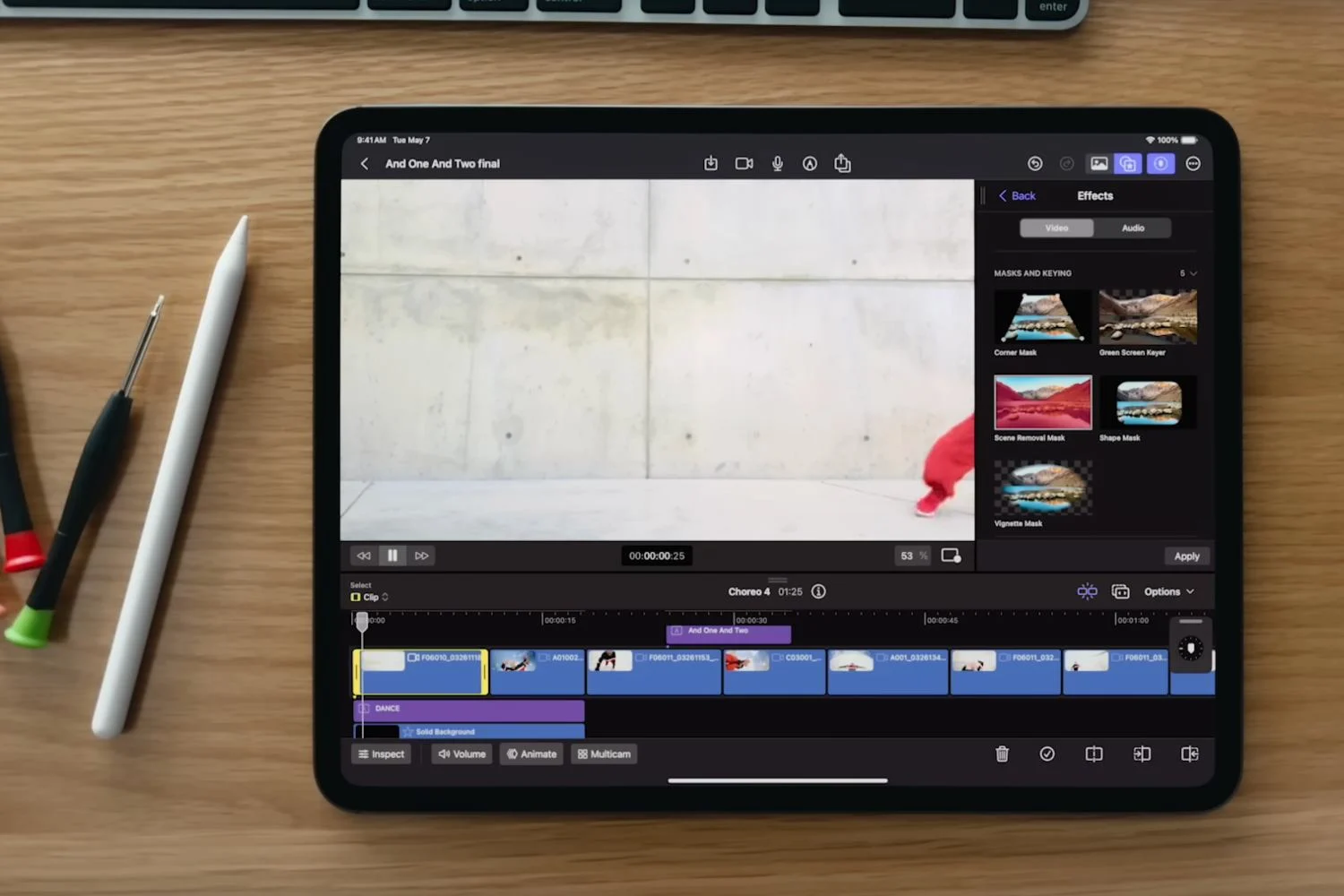The Zoom iOS app has gained popularity in recent weeks, as it comes in handy for multi-person video calls. However, during this period of confinement, many users are taking advantage of this service to video chat with their loved ones.
This spotlight on Zoom caught the eye of Vice, who investigated the service. The journalists notably realized that the iOS appsends data to Facebook, without the user having been informed.
In fact, Zoom on iOS works, like many other mobile apps, on the basis of APIs (i.e. components underlying product interfaces in particular) provided by Facebook. Thus, through this link, different information would be delivered to the social network by Zoom, such as the date the app was opened by the user, details of the device used, the time zone and the city of the user. , but also the operator used. In addition, a unique identifier would be created per user, to send the latter information.targeted advertisements.
At this stage, and with Facebook, nothing surprises. Except that Zoom has not communicated anything about these exchanges of information in its conditions of use. And this is where, according to Vice, the vision-conferencing service makes a serious mistake.
Because the company led by Mark Zuckerberg strongly advises any developer using the Facbook APIs to betransparent with users regarding data recovery. Obviously, the company publishing Zoom would have missed the boat on this point. In addition, she has not yet responded to the investigation underlying these revelations.
Be aware in any case that there are several alternatives to Zoom on iOS for video chatting with your loved ones, including the following:
- FaceTime: the app is unfortunately reserved for users of Apple products
- WhatsApp: noting that Facebook owns the service
- Microsoft Skype
- Google Hangouts
And if you're not worried about all this,find the Zoom app here on the App Store.
Updated March 28, 2020
The company Zoom has said it no longer lets its iOS app share data with Facebook. She claims to have been unaware of the sending of data linked to the use of Facebook-signed APIs.
It also adds, to reassure its users, that no sensitive personal information has been collected by Mark Zuckerberg's social network. The exchange of information only concerns, as we mentioned, technical data: user location, device used, OS, operator, etc.
Finally she concluded her statement by apologizing to her users.
Motherboard, which conducted the original investigation, has already verified the new version of the Zoom app on iOS. And indeed, it no longer sends data to Facebook.
“Zoom takes its users’ privacy extremely seriously. We originally implemented the ‘Login with Facebook’ feature using the Facebook SDK in order to provide our users with another convenient way to access our platform. However, we were recently made aware that the Facebook SDK was collecting unnecessary device data.”
“The data collected by the Facebook SDK did not include any personal user information, but rather included data about users’ devices such as the mobile OS type and version, the device time zone, device OS, device model and carrier, screen size, processor cores, and disk space.”
“We will be removing the Facebook SDK and reconfiguring the feature so that users will still be able to login with Facebook via their browser. Users will need to update to the latest version of our application once it becomes available in order for these changes to take hold, and we encourage them to do so. We sincerely apologize for this oversight, and remain firmly committed to the protection of our users’ data.”
Editor-in-chief for iPhon.fr. Pierre is like Indiana Jones, looking for the lost iOS trick. Also a long-time Mac user, Apple devices hold no secrets for him. Contact: pierre[a]iphon.fr.






